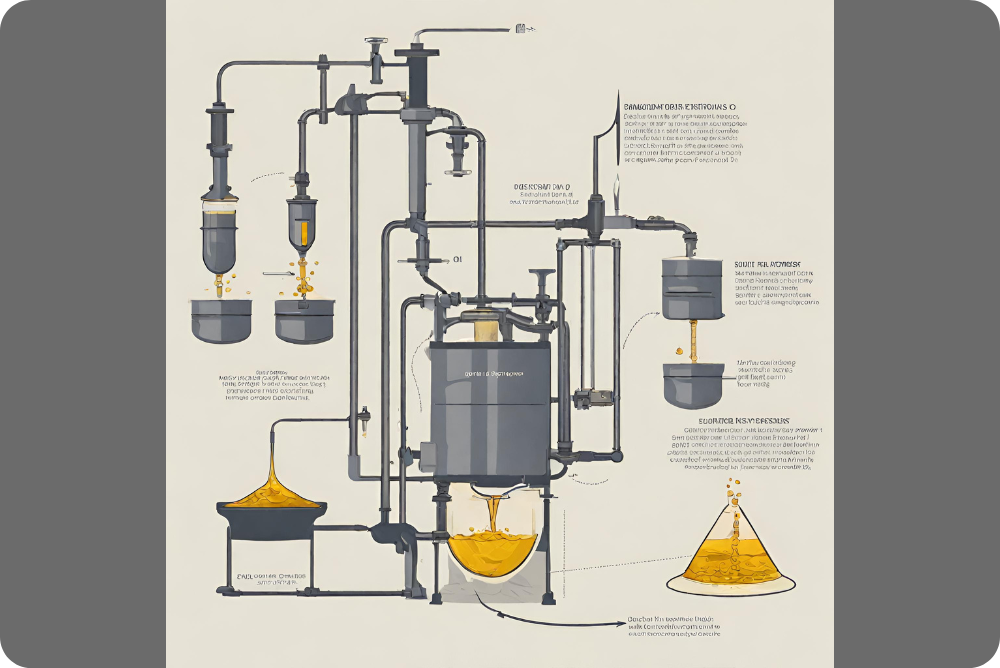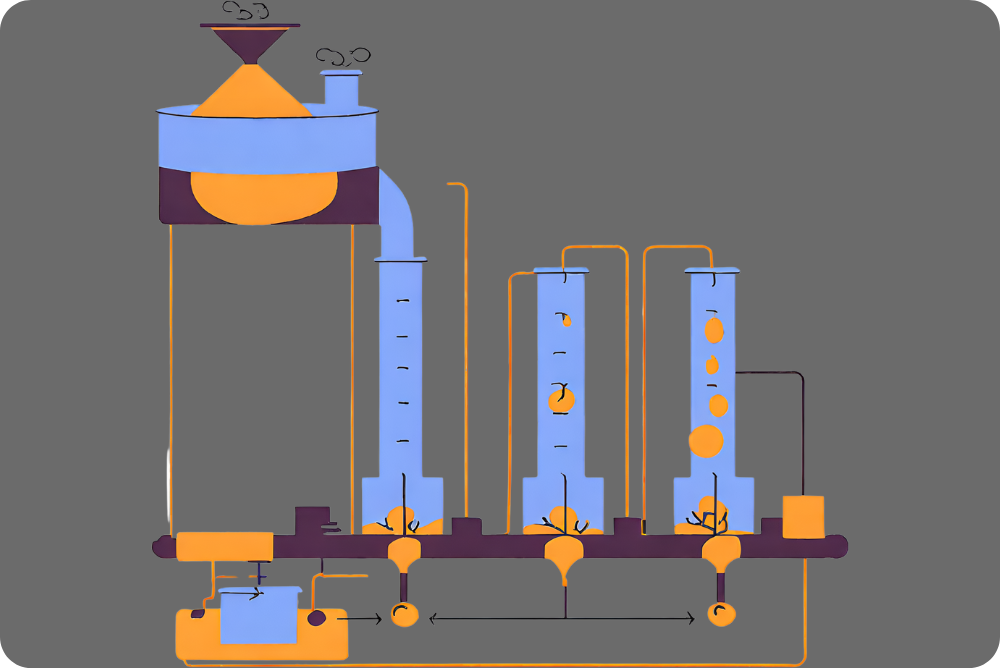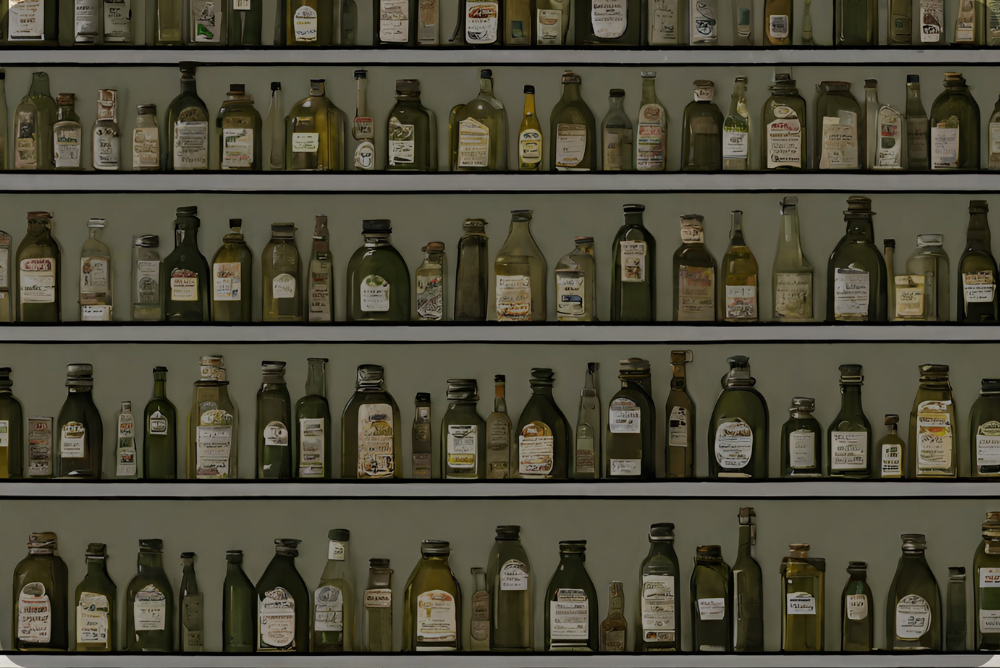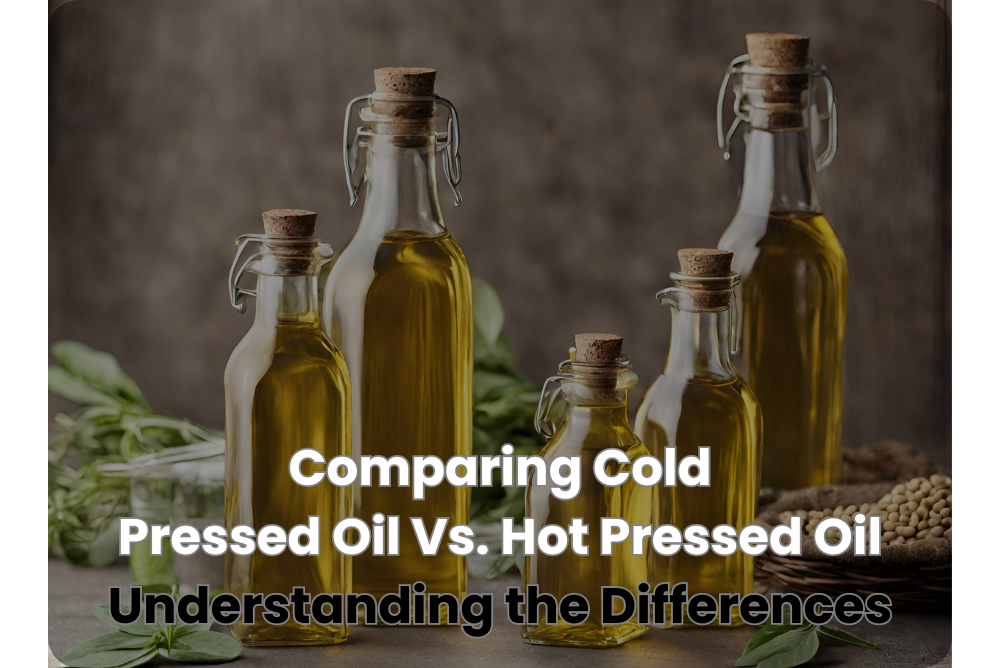In the realm of cooking oils, the debate between cold-pressed and hot-pressed oils is a significant one. Each method of extraction brings its own set of characteristics, impacting the flavour, nutritional value, and overall quality of the oil. Understanding the disparities between these two processes is crucial for consumers looking to make informed choices about the oils they use in their culinary endeavours.
What is Cold Pressed Oil?
Extraction Method: Cold-pressed oil is extracted at room temperature. Without the use of heat or chemicals. This gentle method involves pressing seeds or nuts to extract oil, preserving its natural properties.
Nutritional Value: Cold-pressed oils retain more nutrients, antioxidants, and natural flavours due to the absence of heat in the extraction process.
Benefits: Considered healthier due to its high nutritional content, cold-pressed oils are suitable for raw and low-temperature cooking methods.

What is Hot Pressed Oil?
Extraction Method: Hot-pressed oil involves the application of heat during the extraction process. Seeds or nuts are typically roasted. Or heated before being pressed, aiding in easier oil extraction.
Nutritional Value: Heat exposure during extraction can lead to a loss of nutrients and antioxidants in hot-pressed oils. However, the process helps eliminate bacteria and microorganisms, making it safer for culinary use.
Benefits: Hot-pressed oils have a higher smoke point, making them suitable for high-temperature cooking methods like frying and sautéing.

Comparing Cold Pressed and Hot Pressed Oils:
1. Extraction Process: Cold-pressed oils are extracted at low temperatures without heat or chemicals. While hot-pressed oils involve heat application during extraction.
2. Nutritional Value: Cold-pressed oils retain more nutrients and antioxidants, whereas hot-pressed oils may lose some nutritional value due to heat exposure.
3. Suitability for Cooking: Cold-pressed oils are ideal for raw and low-temperature cooking. While hot-pressed oils are better suited for high-temperature cooking methods.
4. Safety: Hot-pressed oils undergo heat treatment, eliminating bacteria and microorganisms, thus considered safer for culinary use.
5. Flavor Profile: Cold pressed oils often boast a richer and more distinct flavour, enhancing the taste of dishes, while hot pressed oils may have a milder flavour profile.
6. Shelf Life: Cold-pressed oils may have a shorter shelf life due to the presence of natural antioxidants, whereas hot-pressed oils may have a longer shelf life due to heat treatment.
7. Cost: Cold-pressed oils are typically more expensive than hot-pressed oils due to differences in production processes and nutritional content.
Click Here To buy natural & organic cold-pressed oils from Khomane Agro
Conclusion:
In the debate between cold-pressed and hot-pressed oils, both methods have their own merits and applications. Cold-pressed oils shine in terms of nutritional value and flavour profile, making them a preferred choice for health-conscious consumers and those seeking enhanced culinary experiences. On the other hand, hot-pressed oils offer advantages in terms of safety and suitability for high-temperature cooking methods. Understanding the differences between these two extraction processes empowers consumers to make informed decisions based on their preferences and cooking needs.
Click Here To buy natural & organic cold-pressed oils from Khomane Agro




